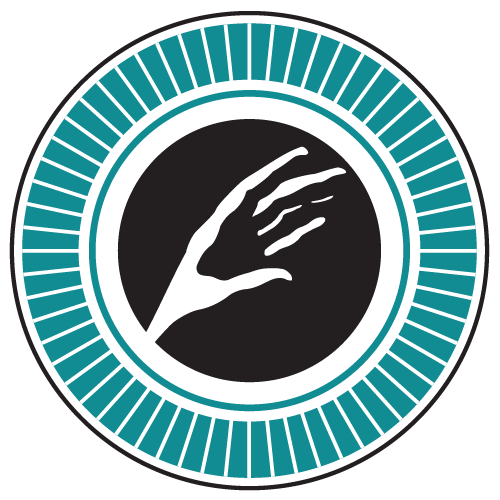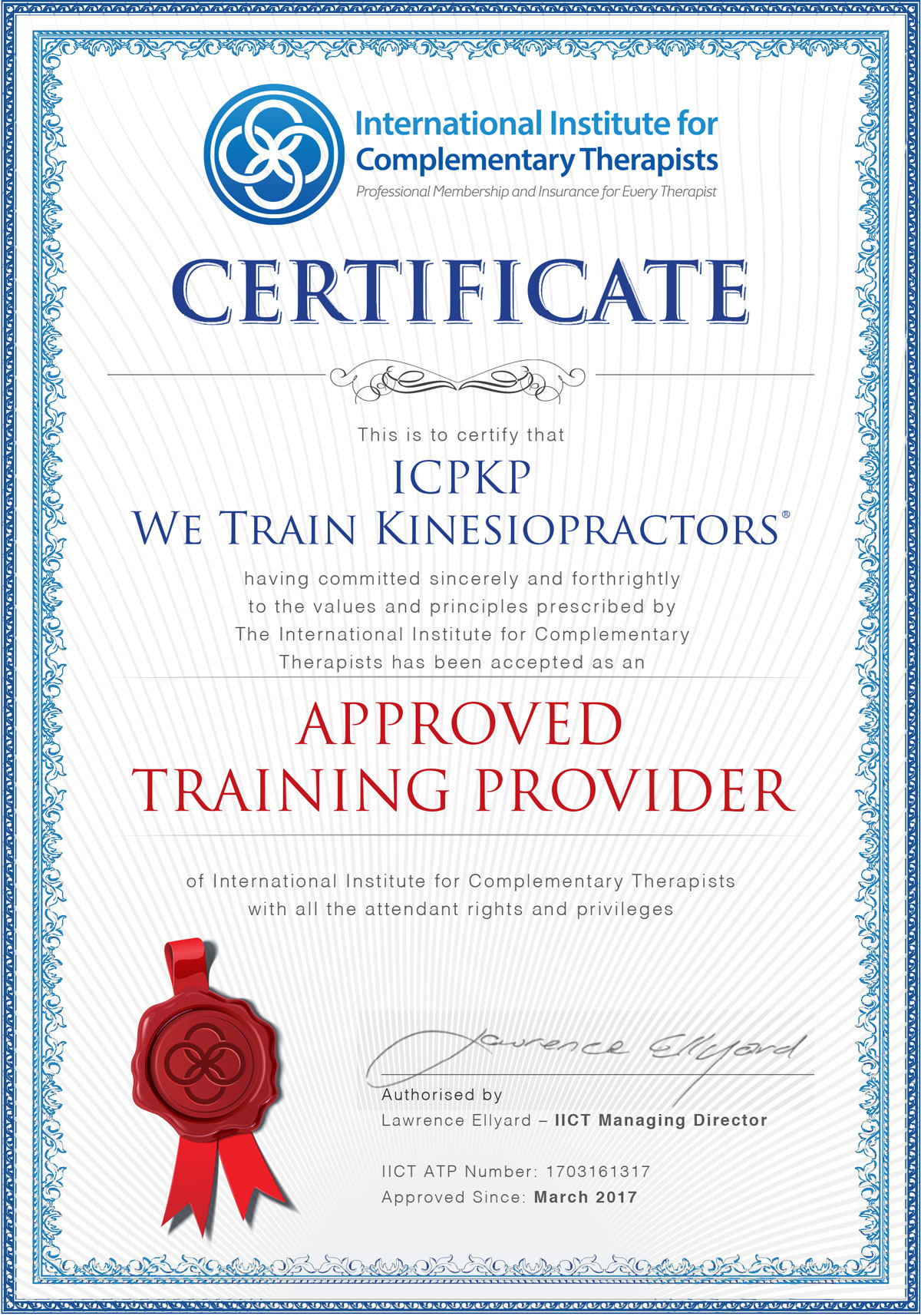PIB302-en
Personality Typing
You will gain an awareness of brain architecture and the geography of thought, emotional and visual pathways and gain understanding of key neurotransmitters and their roles. You will also study the biological basis for memory, the types and aspects of long and short term memory and gain an awareness of how memory is affected by ageing, head injury and disease.
The unit also covers the differences between male and female brains and the brain cell membrane psychology. Throughout this unit you will learn PKP techniques to enhance memory function and deal with stress that impacts brain cells in both the short and longer term.
As you complete this unit you will be able to discuss brain structure and function, assess various brain functions and balance for enhanced neurological performance, brain function in aging, memory loss, stress burnout, stroke recovery and upgrade brain function.
Elements of learning:
- Personality-typing
- Type A, B and C behaviours – Se #2b
- Personality, stress and illness – Se #2b
- Dempcy, Tihista stress personalities – Se #2b
- Myers Briggs personality preferences – Se #2b
- Enneagrams and emotions – Se #2b
- Littauer – the four personalities – Se #2b
- Airey sub-personalities – Se #61/2e-f
- Luscher color profile – review from EMS 2.305 – Em #5c
- Utilise all techniques learned to date within the PKP Balancing Protocol
Prerequisites:
- PIB 3.202

